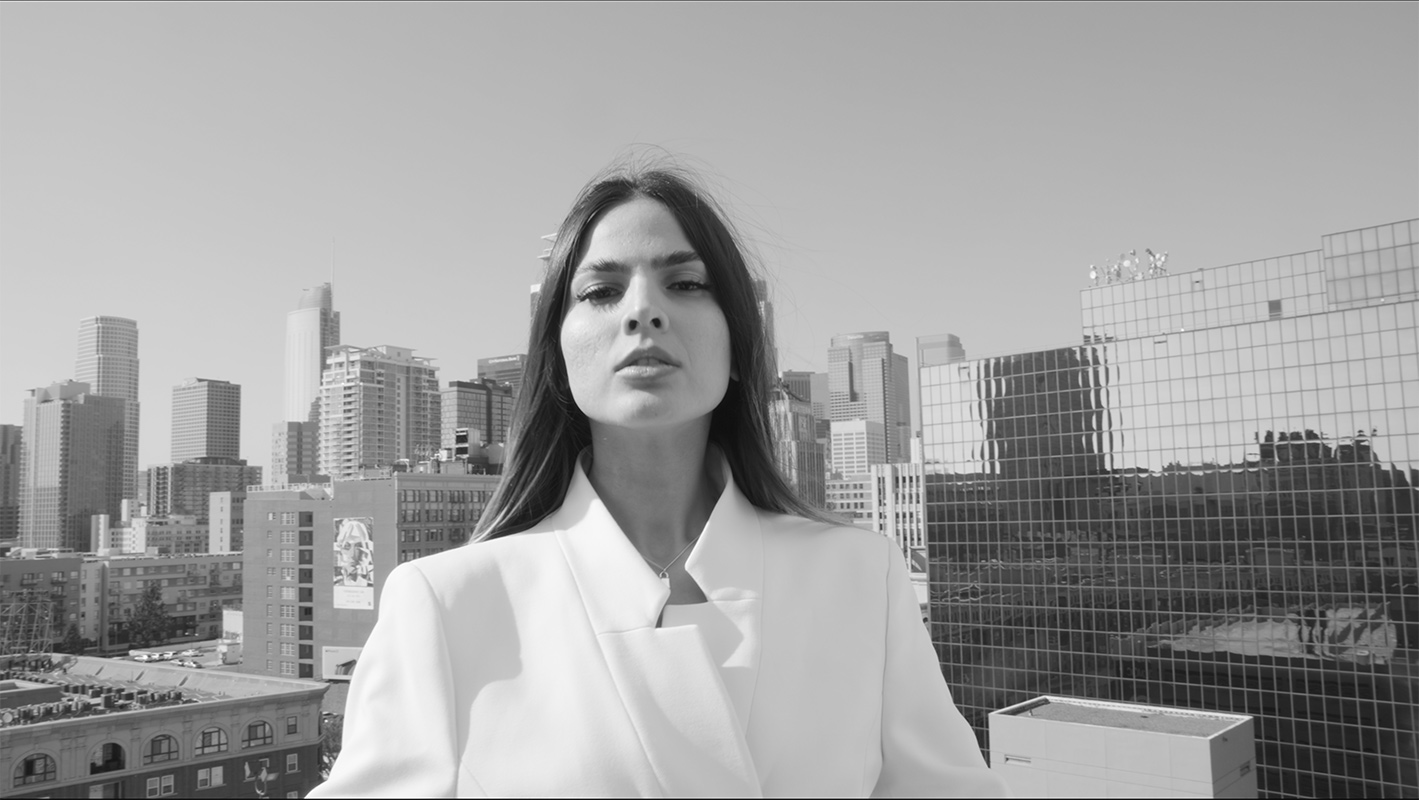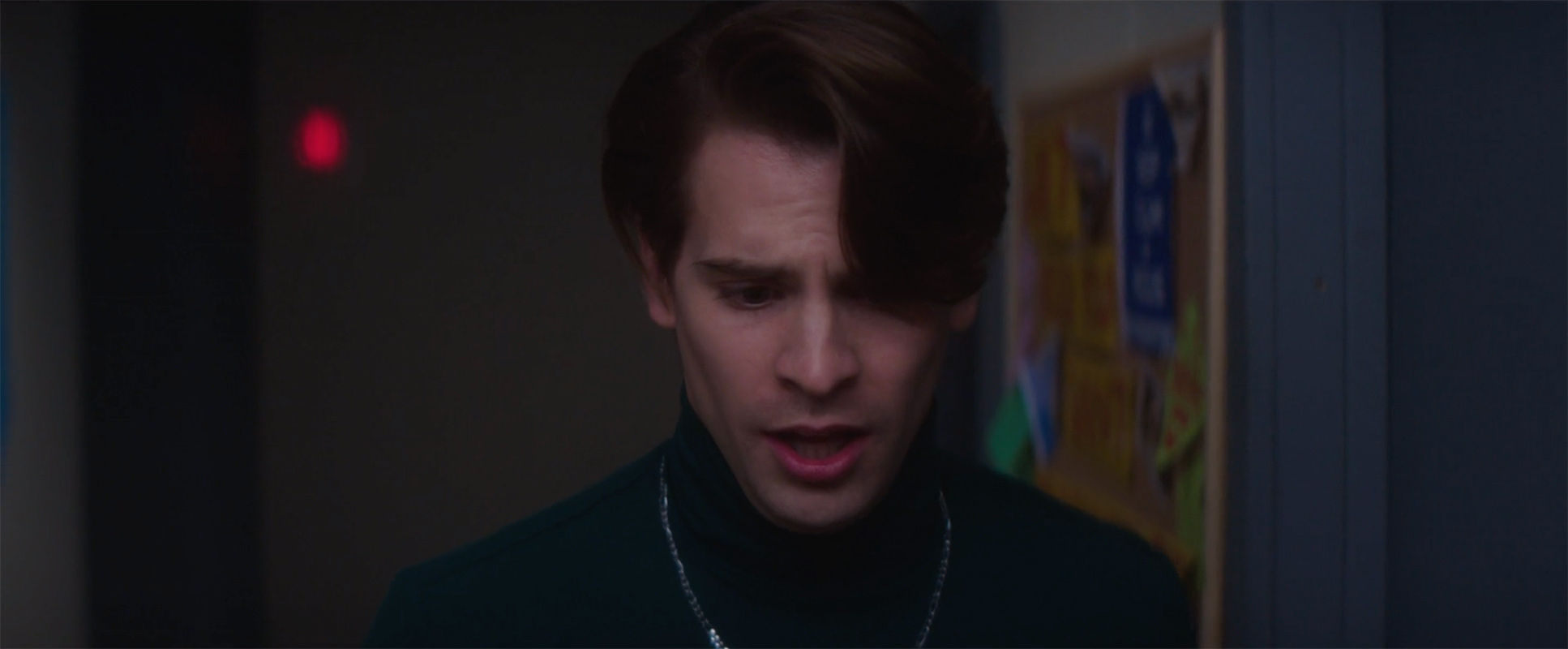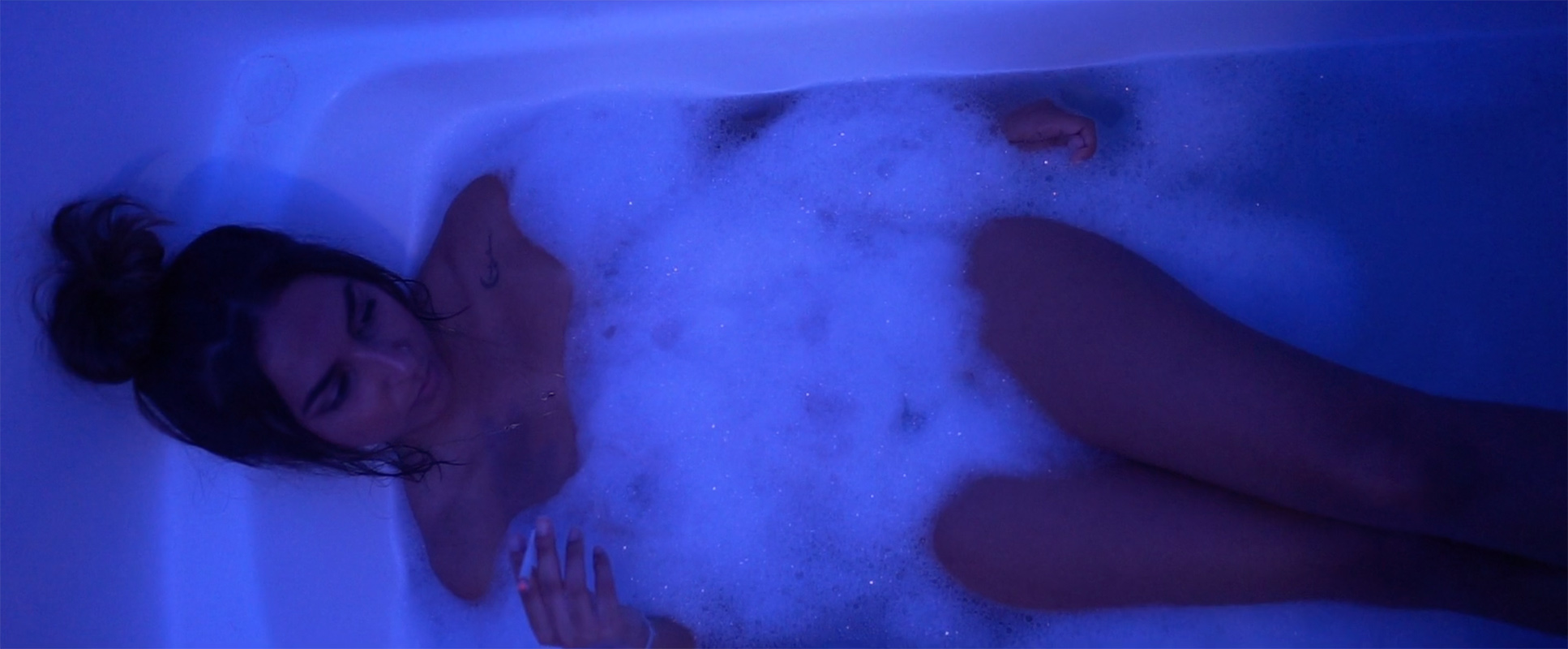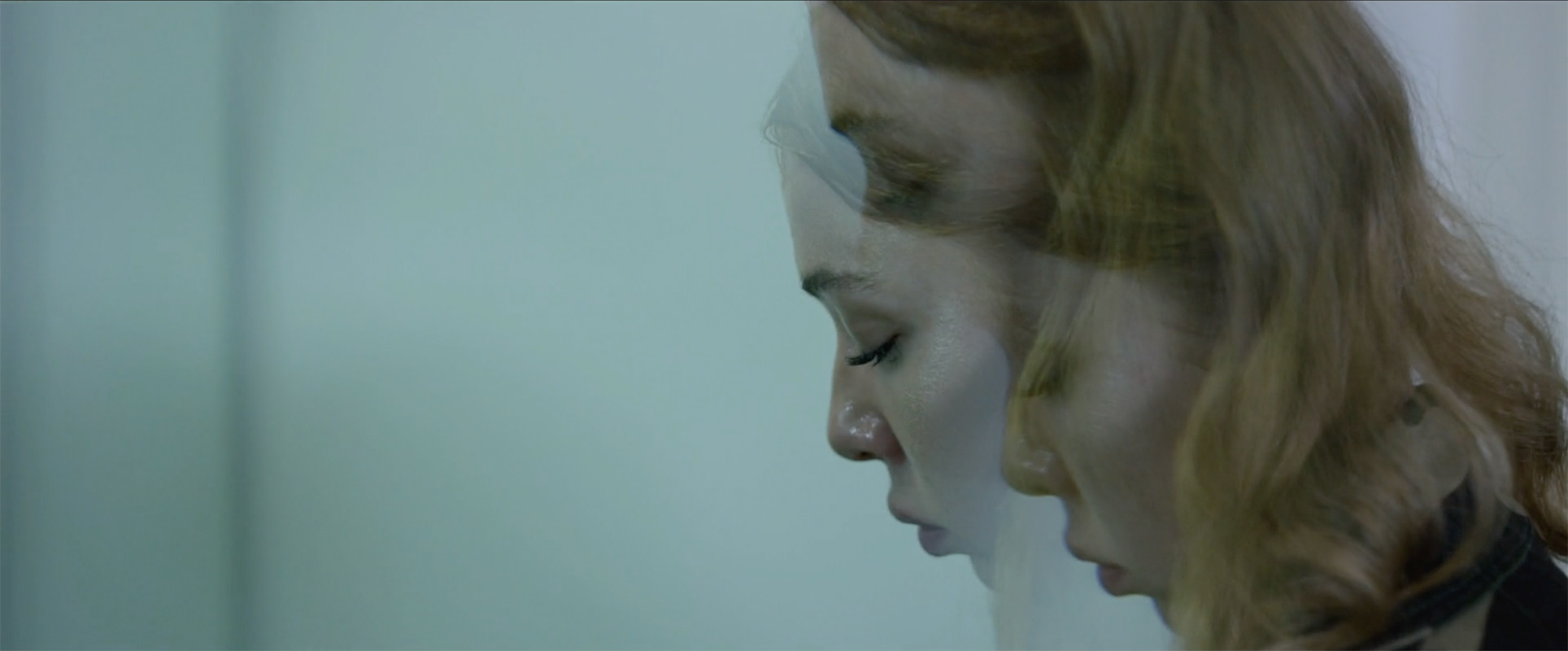First of all, tell us about yourself and your profession.
I’m a Director of Photography, mainly working with the Director in the development of the look, tone, and mood of a script.
I’ve always been interested in the visual aspect of making art and also love the process of developing the look for a visual piece.
I started 7 years ago in photography and videography for different companies, fashion brands, and music festivals. Also, I have experience in documentaries, I worked for 4 years in a company where we develop 3 fulldome documentaries. This allows me to learn every stage of production and learn how to move quickly and use the resources that I have to deliver a high-quality image.
Then I moved to Los Angeles to further develop my skills in Cinematography. Since I moved here I’ve done several short films and wrapped my first feature film in May of this year and is expected to be released at the beginning of next year.
 What’s your process when it comes to cinematography? Is there a particular type of camera you favor? Do you like certain lenses? High-key lighting or low-key lighting?
What’s your process when it comes to cinematography? Is there a particular type of camera you favor? Do you like certain lenses? High-key lighting or low-key lighting?
The first step of my process in developing Cinematography is a deep understanding of the story. I always have extensive talks with the Director and Writer to get to know their objective of telling the stories, what they want to see on the screen, how they imagine the visuals, and personal motives.
Then I proceed to do my research, references, examples of framing, color options, and more, this allows me to have a creative talk with the Director and be on the same page on how the movie will look.
It depends on the story and the technical tools I choose but I like working with the camera Sony Venice or Alexa Mini. My lens choice normally is Cooke Panchro or Zeiss CP2 because they are very versatile and can experiment with filters, which is something I always use and in different combinations.
Nowadays the low-key lighting is more used, very soft light on the character and an overall dark-ish look, but as always I try to keep close to what the script says and stick with the Ideas that the Director wants with my own creative input.
 What is perhaps the most important factor for you to choose a script?
What is perhaps the most important factor for you to choose a script?
The most important factor for me in the script is the motivation of the main characters, this for me determines the look of the film. It can tell you the type of camera movements it needs, description of the mood, and the feeling the film will give to the audience.
This is something that I always try to catch since the early stage of production because it will help me to know what tools I need and will help to keep consistency through all the story.
Also, I like to pick up details on the script, as a Cinematographer I have to catch everything that can help me to build the story the Director wants to tell.
 What is the cinematographer’s involvement in pre-production, production, and post-production?
What is the cinematographer’s involvement in pre-production, production, and post-production?
The Cinematographer normally enters halfway through pre-production but the earlier the better. This will ensure that I’m on the same page as the Director and the Production Designer, this last mentioned is in charge of working directly with me.
Giving their option of the world we are creating in the script.
Is very important to the role of a Cinematographer in pre-production because it will provide just enough time to prepare everything from developing the look, scouting, camera test, rehearsals, and prepping equipment.
Any advice to aspiring cinematographers?
Try to collaborate as much as you can, meeting different Directors will allow you to expand your capabilities in the craft. Try to use different tools until you find the one you like the most, experiment with lighting, don’t follow the trends. Push yourself to become better and don’t repeat the same techniques in every project. This is part of growing as a DP, you have to be out of your comfort zone and part of that is having the knowledge in the technical part so your creative choices can easily be done with precision and quality.
Lately, always look for inspiration, references, painting, photographs, anything that helps you to amplify your creative vocabulary and give you knowledge in the craft.













